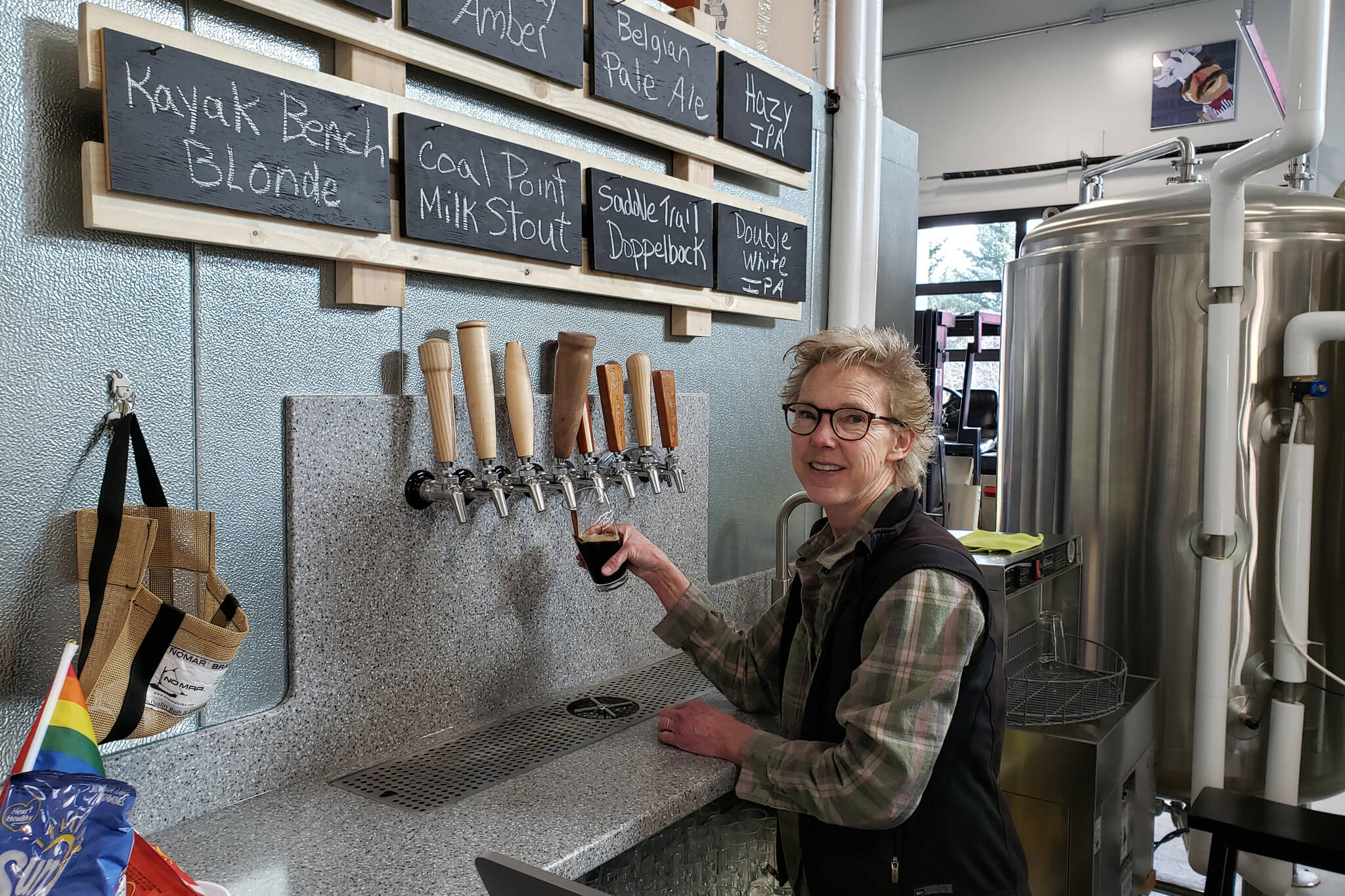Senate Bill 9 is a much-needed overhaul to Alaska’s alcohol laws that 120 stakeholders have worked on for over 10 years. The changes in SB9, which benefit current breweries with two hour expanded operating hours and four live entertainment events a year, come at a direct expense. SB9 will effectively put an end to the creation of new breweries with tasting rooms across Alaska.
Over five years ago, we started Grace Ridge Brewing in Homer. We love the opportunity to be a valuable part of Homer for locals as well as tourists. We benefit our community by being family friendly, supporting local nonprofits with our tips and fundraisers, displaying local art, supporting a weekly run or walk event as well as a knitting group. We also serve really good beer and our craft beer drinkers enjoy coming back.
Last year we invested $1.3 million in a new building because we wanted to continue to be part of our community. We have worked hard and have built a successful business within the current brewery limits. New and existing breweries, wineries and distilleries support other businesses, artists, nonprofits and myriad vendors, which translates to increased profits in our state and local economies.
I am asking the Legislature to keep the current population limits for breweries, wineries and distilleries to ensure that others have same opportunity that we had to open a small business. SB9 takes that opportunity away.
Currently, there can be one licensed alcohol manufacturing-with-tasting room business for every 3,000 people in a city or borough. Using 2022 population numbers, Homer, a town of 6,264, has three total licenses available and two are in use. For Fairbanks, 29,330, there are 10 total licenses available and only three of them are in use. For Juneau, 31,785, there are 11 total licenses available and only three are in use. In both Soldotna and Kodiak, 4,815 and 5,468 respectively, there are two total licenses available and only one in use. If SB9 is passed with the 1 per 12,000 population restriction each of these communities, as well as Sitka, Wasilla and Ketchikan will have zero future taproom licenses available. This policy choice easily leads to local monopolies.
The bill has no caps on manufacturing beer, but removes remaining licenses available for taprooms. The sponsor states SB9 offers “amazing opportunities” for future breweries. These opportunities are already available. Twelve breweries have purchased a Beverage Dispensary License with a Brew Pub license and eight breweries have Restaurant Eating Place Licenses. These additional licenses allow those establishments to not be restricted to the 36-ounce per person per day limit, selling only what is manufactured on-site with limited hours of operation and taproom activity restrictions.
Alaska breweries make good beer. The current statutes have allowed the growth of this 330 million dollar a year industry. This bill stops future growth within the current brewery business model and their product being served in their taproom. These spaces are community gathering places that locals as well as tourists enjoy. This bill does the biggest disservice to small communities across Alaska. Breweries with taprooms invest in their community, create year-round jobs, pay local taxes, are family friendly and offer the opportunity of starting a small business in that community.
Alaska entrepreneurs should have the opportunity to start a new brewery. Alaskans who love beer should have the opportunity to benefit from competition among breweries, including new breweries that are competing with the current established breweries.
Sherry Stead is co-owner of Grace Ridge Brewing.

